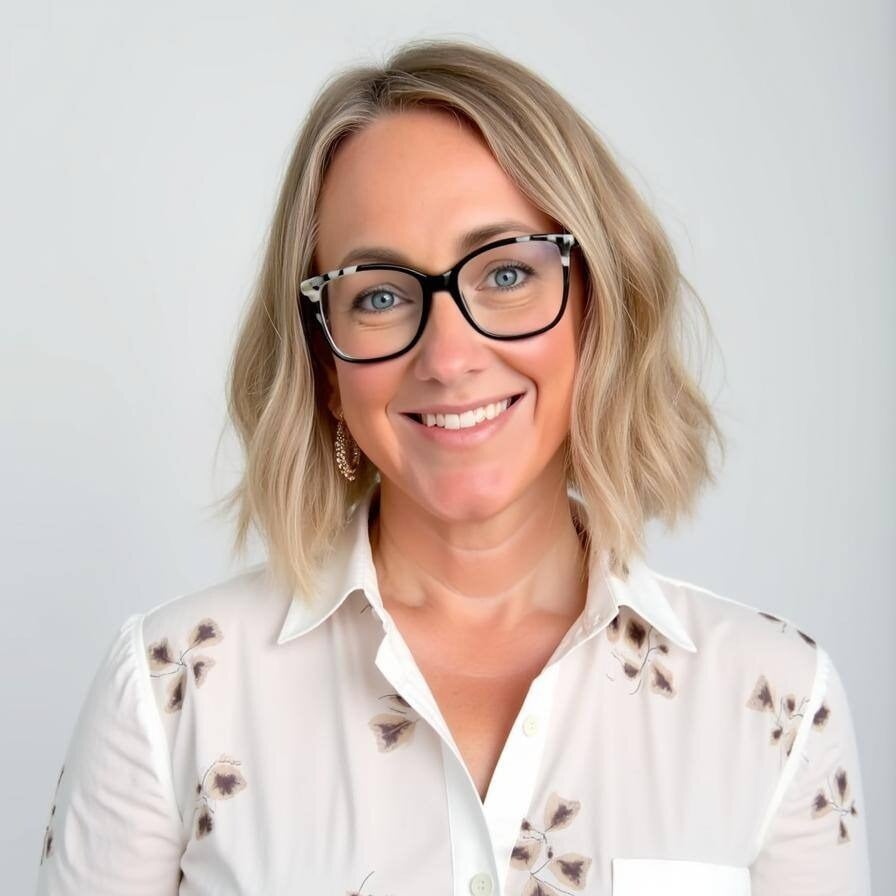Few lead gen tactics are more complex and confusing to marketers than Google Ads. Here's a list of the questions we get asked most frequently by our clients in the B2B SaaS and technology space.
Should we bid on our own company name?
Yes! Even though you'll probably rank organically in the top spot, it's a great tactic to keep competitors from taking up paid real estate above your listing. As a bonus, branded keywords are cheap and they allow you to discover the search terms your audience is using.
For example, one of our clients found that people were searching for "Companyname is it worth it." This is a great opportunity to create a new ad group with those keywords and serve up a landing page talking about the value of the subscription with a CTA to request a demo.
Should we bid on our competitor's name?
Yes! It's both legal and ethical…as long as you're not pretending to be them. Otherwise, Google will shut down your account. But presenting yourself as an alternative is a great marketing tactic.
How many keywords should we focus on?
There's no magical number. In the past, you'd have to use every variation, every plural and every word you could possibly imagine. We'd launch campaigns with thousands of keywords! Now it's less important.
Today, you just want to make sure you're describing your product in all possible ways. (E.g., sofa vs. couch vs. davenport vs. loveseat.) Create an exhaustive list and forecast in the Google Ads tool—you'll see which terms are affordable and relevant to search queries.
What if our target keywords are really expensive?
Keywords can be astronomical to bid on if they have high competition and a high ROI. (Ads for lawyers can cost $75-100…per click!) It's just market and demand: something will cost you a lot of money if it can make you a lot of money.
If that's too expensive for your appetite, don't despair. Most keywords on Google Ads range between $10-15/click. Focus on those closest to commercial intent that are likely to deliver leads.
If that's still going to break the bank, try paid advertising on other channels, like social media.
What's the minimum we need to spend on PPC?
It depends. Are you focusing on lead gen or brand awareness? What platforms are you using? How high is the competition?
No matter what you answered, know this: you need to spend more than a few dollars per day to see meaningful results. Investing $500/month might seem like a lot, but that breaks down to $15-20/day, which could only be 2-3 clicks. We don't ever recommend going lower than $750-$1,000/month.
On the other hand, spending more doesn't always mean better results. If your ad copy sucks, your landing page isn't user-friendly and your CTA is uninspiring, you'll be wasting money. Don't dump all your money into PPC! Designate time and resources to creating great content, too.
Is PPC always a good lead gen tactic?
Not if you're unprepared. If your messaging isn't compelling, you'll waste money. If your website isn't optimized, you'll waste money. If your sales team doesn't have a process to follow up with leads, you'll waste money. Get the basics in place before jumping into Google Ads.
When should we use retargeting/remarketing ads?
A remarketing audience must include 100 unique visitors a month for the Google Display Network to serve ads. (Remarketing for search ads has an even higher threshold: 1,000 unique visitors.)
It's important to note these numbers are for visits to a specific page, not overall site visits. In other words, you might have 2,000 visitors per month hitting your site, but if 100 of them don't land on the specific page you want to remarket you won't be eligible.
It's also good to take a step back and evaluate why you're remarketing. If people weren't interested in your offering the first time around, you need to come up with something different/better for the display ads. This is especially true if you're going to take away budget from your regular paid search campaign to pay for remarketing ads (which we don't recommend!).
What are the best CTAs in PPC?
We've seen a wide variety of CTAs work in Google Ads, but for paid social things like checklists and how-to guides tend to work best.
Our rule of thumb? If it's not exciting to you, it won't be exciting to your audience! In the SaaS space? Offer a free trial. In the cybersecurity space? Develop a self-assessment so people can grade how likely they are to get hacked.
It's also important to note that some CTAs might drive clicks, but almost never lead to customer acquisition. Leave things like data sheets and case studies ungated so you're not wasting your PPC budget.
What do the best converting landing pages have in common?
You need a great headline that relates directly back to your ad copy. That way, people will know they're in the right place after clicking, reducing your bounce rate and increasing your potential conversion rate.
From a visual standpoint, showcase "proof" content, like client logos, a testimonial or ROI stats. Imagery should be relevant—don't use a smiling person on a landing page for fraud detection!
And of course there needs to be a clear path to conversion. Make it obvious what the visitor is supposed to do…fill out a form, call, etc. You want them to take action, not just peruse your website.
How long should we wait before updating our PPC campaign?
When you launch a campaign, you should monitor it closely for obvious errors, like missing a negative keyword that could be impacting your budget.
For bigger changes, give it 2-3 weeks. You'll need this amount of time to really understand if your offer and copy is (or isn't) working.
Not sure what your metrics should look like? Check out Wordstream's search advertising benchmarks. They don't have a specific category for software or technology, but in business services they report:
- Average cost per click: $4.85
- Average cost per lead: $73.70
- Average click-through rate: 5.17%
- Average conversion rate: 5.31%
Make tweaks until your stats are close to those listed above. And don't give up if things still aren't going right after the first revision. You shouldn't abandon a PPC campaign before you've let it run for at least 60-90 days, especially if you have a longer sales cycle.
Is PPC good for anything besides lead gen?
Yes! Bidding on branded terms for your competitors can be great for brand awareness; your name will be seen alongside your competitor even if they don't click on the ad.
PPC is also a great trade show tactic: bid on keywords related to the event and launch a campaign two weeks before (and keep it live for a few days after).
How does HubSpot help with PPC?
It's a great tool to examine lead quality. You can identify trends around which keywords are bringing in the most qualified prospects and optimize paid search campaigns based on those insights.
It's also invaluable for improving conversions on landing pages. You can quickly see bounce rates, form submissions and more on individual assets.
How can we increase impression share?
First, make sure you're not budget constrained. Then, make sure you're not limited in your biding strategies. If you're having a problem beyond that, there might be just a handful of keywords that are driving down your impression share.
If that's the case, split your keywords into two campaigns: one high-volume with very competitive keywords and one low-volume with everything else. That way, they'll have separate guardrails and budgets. This will let you manage the impressions shared differently and boost the keywords that are low-hanging fruit.






